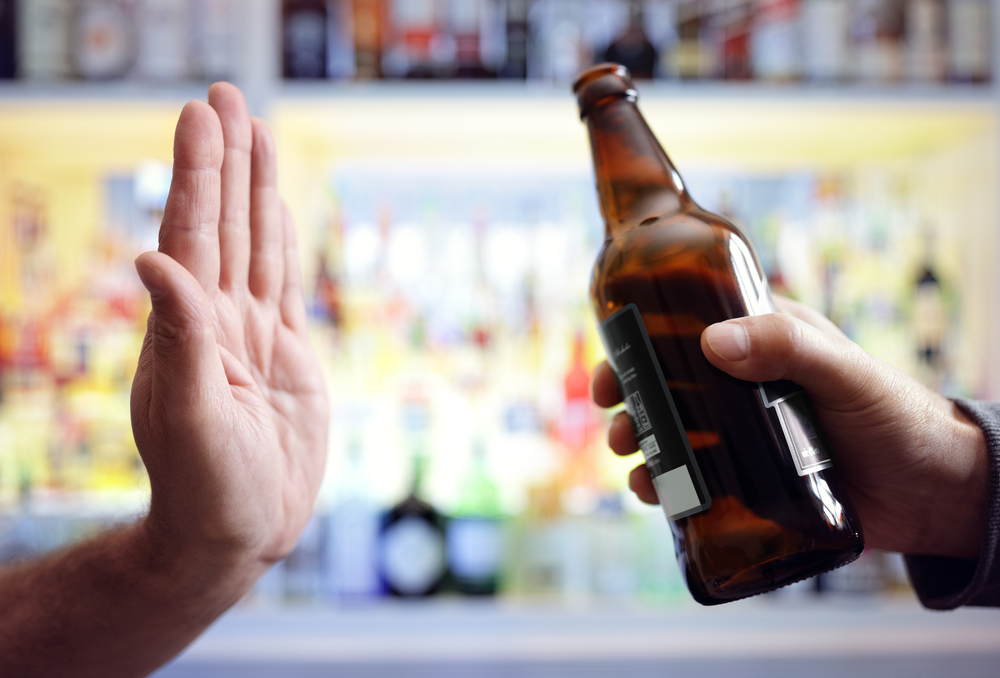New research suggests that calorie labels on alcoholic drinks could help drinkers make healthier choices.
Others are reading now
Drinking alcohol isn’t typically associated with health-conscious behavior, but new research suggests that adding calorie labels to alcoholic drinks could change that.
A study from University College London (UCL) found that 46.4% of drinkers said they would adjust their drinking habits if calorie information was provided on their beverages.
Hidden Calories in Alcohol
While most people are aware of the calories in soft drinks, many are less informed about the calories in alcohol.
For example, a 12oz can of Coca-Cola has 155 calories, and a 5oz glass of wine contains around 110 calories. A pint of beer in the UK can range from 150 to 199 calories, making alcoholic drinks comparable to sugary sodas in calorie content.
Also read
However, these calories are often “hidden,” according to Professor Andrew Steptoe, lead author of the study.
“Calories in alcohol are hidden because people are not well aware of them,” Steptoe told Newsweek. “In contrast, there is great awareness of calories in soft drinks, which has led to the popularity of lower-calorie options like Diet Coke.”
Impact on Drinking Habits
The UCL study surveyed 4,683 adults in England between November 2022 and January 2023 to examine their drinking habits. Among the respondents, 24.7% were non-drinkers, while the rest were categorized as either “low-risk” or “hazardous” drinkers, based on their alcohol consumption levels.
Researchers found that heavy, or hazardous, drinkers were more likely to say they would change their drinking patterns if calorie labels were introduced.
54% of heavy drinkers said they would drink less or switch to lower-calorie options, compared to 44% of light drinkers.
“Our research suggests that if calorie labeling were introduced, around half of drinkers consuming at hazardous levels would reduce their intake by having fewer drinks or drinking less often,” Steptoe explained. He noted that light drinkers were less likely to change, as their overall calorie consumption from alcohol is already lower.
A Tool for Healthier Choices
The study highlights the potential of calorie labeling as a tool to help people manage their weight and make healthier choices.
On average, 9% of men’s and 5% of women’s calorie intake comes from alcohol, making it a factor in weight management.
“Alcohol calorie labeling could contribute modestly to helping people maintain a healthy weight,” Steptoe said.
However, while many respondents indicated they would change their behavior if provided with calorie information, there’s always a gap between what people say and what they actually do. Whether or not drinking habits would shift in reality remains to be seen.
Consumer Demand for Transparency
The survey also revealed strong public support for calorie labeling on alcoholic beverages.
58% of those surveyed said they believe calorie information would be useful, with 64% wanting it available in stores and 52% advocating for calorie information in pubs, bars, and restaurants.
“We believe that consumers should be given the information that will help them make informed choices about their drinking,” Steptoe concluded.
Debates are ongoing in the U.S. and other countries about providing more nutritional information on alcoholic drinks, and this study adds weight to the argument for greater transparency.


